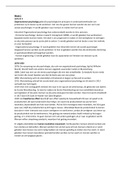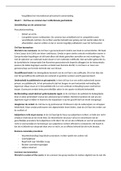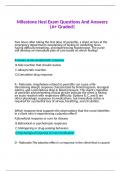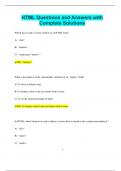Summary
Summary Edexcel A-Level Politics Revision Notes - British Politics
- Course
- Institution
Comprehensive revision notes for the whole of the British Politics section on the Edexcel A-Level Politics course. Includes 'the Constitution'; 'Democracy and Participation'; 'Electoral Systems'; 'Parliament, the PM and Executive'; 'Political Parties' and 'Voting Behaviour'.
[Show more]












